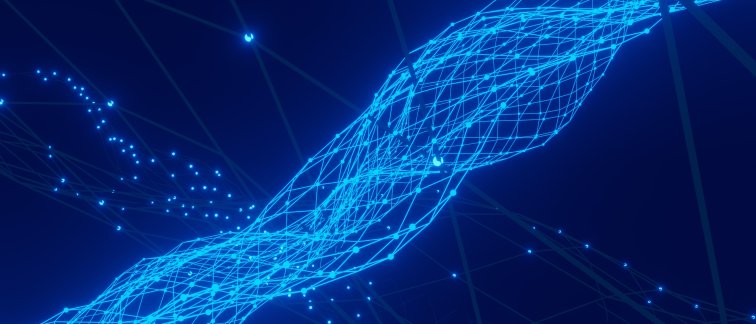Biomarker Identification
The need for novel biomarkers for dementias is high as they could help in differentiating different types of dementia as well as understanding the underlying disease pathologies. In MIRIADE, multiple datasets will be combined to identify possible biomarker candidates and further characterization of the proteins will help to predict the best assay conditions.
Assay Development
Assays for previously identified biomarker candidates will be developed based on different methodologies. These assays will be thoroughly validated for their analytical and clinical reliability and will be prepared for commercialization to facilitate usage in clinical practice.
Process Analysis
The complete process from biomarker identification over assay development to commercialization will be analyzed regarding experimental hurdles, collaboration and data sharing. Based on these results, a dementia roadmap will be established that will show possible obstacles in biomarker development and suggest how to overcome these.
Partners
ADX Neurosciences, Alzheimer Europe, Alzheimer Nederland, Centre Hospitalier Universitaire Montpellier, ENPICOM, Gachon University, Instituto de Salud Carlos III, KTH Royal Institute of Technology, LGC Limited, Olink Proteomics, PeopleBio Inc., Quanterix Corporation, Roche Diagnostics, Amsterdam UMC, University of Gothenburg, University of Luxembourg, University of Montpellier, University of Perugia, Ulm University, Vrije Universiteit Amsterdam.




